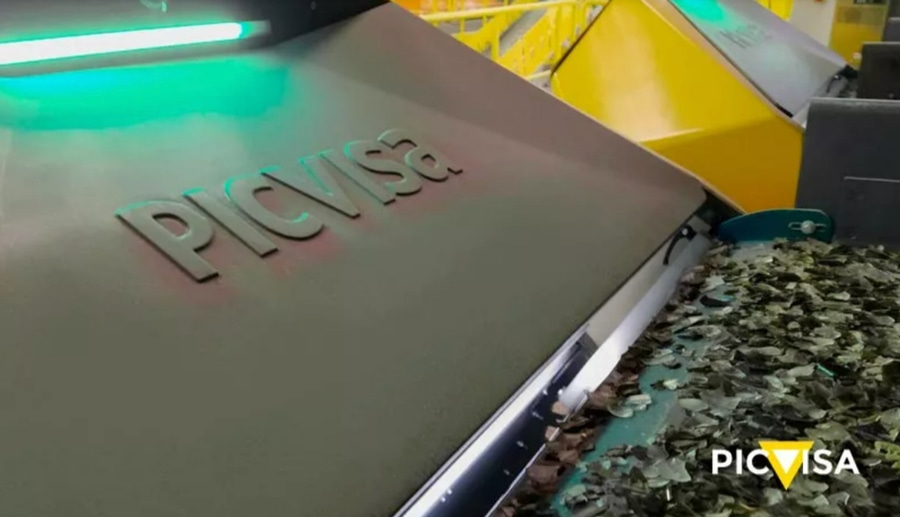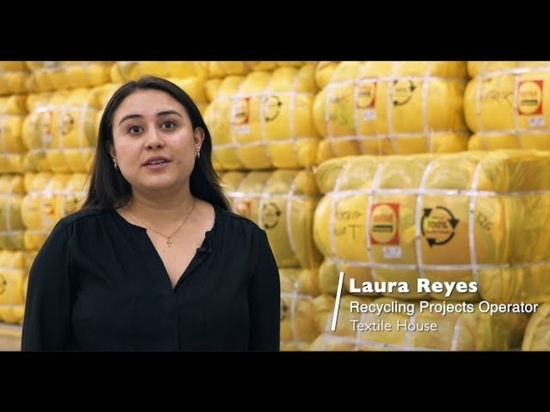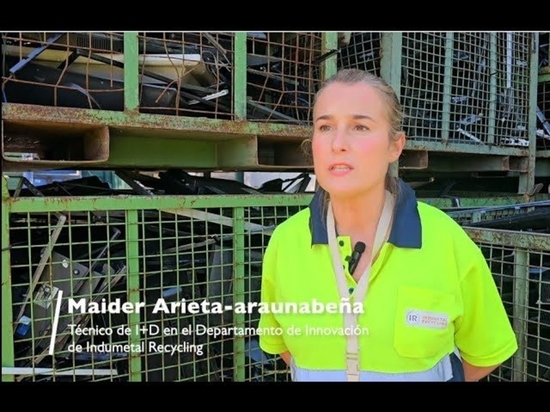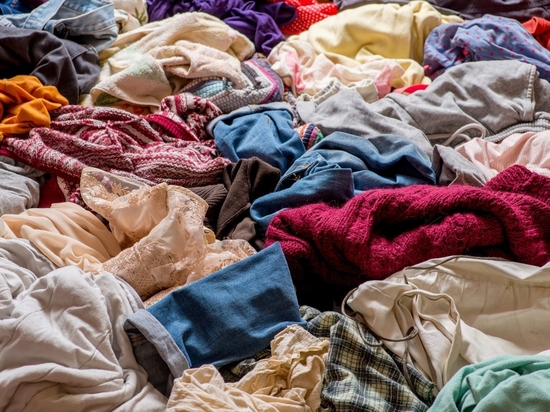
#Industry News
THE GLASS SECTOR COMMITTED TO TECHNOLOGY TO BE MORE EFFICIENT AND SUSTAINABLE
The European glass industry, which meets at Glasstec, the most important trade fair in the sector, from 20 to 23 September in Düsseldorf (Germany), has two important challenges for the future: to be environmentally more sustainable and energy efficient.
Two objectives that have to allow the glass industry, an innovative sector of great strategic value, to face a series of global challenges such as climate change, the scarcity of resources, or the intensive growth of cities and their increasing demand for glass.
What contribution can the glass industry make to address these global challenges? First, accelerate the transition to a more sustainable, efficient and resource-friendly socio-economic model. A circular model, more necessary than ever, to curb the effects of climate change at a decisive moment, with the consumption of glass at maximum levels, in part, due to the greater recyclability of glass compared to other materials such as plastic. In this sense, the Spanish glass industry increased its turnover by 36% between 2014 and 2019.
ENERGY TRANSITION: LESS ENERGY CONSUMPTION AND MORE EFFICIENCY
The future of the sector lies in adopting more energy-efficient, more sustainable and more inclusive production models, which limit the extraction of virgin raw materials and, in the long term, avoid the depletion of natural resources. For this, it is essential to bet on innovation and the use of new technologies, since the industry needs to undertake an energy transition so that the glass production process, which involves an intensive use of energy, is more efficient and carbon neutral.
In the International Year of Glass, the European Federation of Glass Containers (FEVE) promotes, for example, the creation of the glass production furnace of the future, which will work with 80% renewable energy. This project focuses on the manufacture of the first large-scale hybrid oxy-combustion furnace, which will allow the replacement of current fossil fuel energy sources, replacing 80% of natural gas with renewable energies, and the reduction of CO2 emissions between 50% and 60%. In this way, a decisive step will be taken towards the production of glass without climate impact.
THE NEW GLASS: MORE EFFICIENT AND SUSTAINABLE RAW MATERIALS
On the other hand, to counteract the growing shortage of raw materials (silica sand, limestone, soda ash and clarifying agents), the glass industry is betting on the use of alternative raw materials such as calcin, clean glass particles that serve as raw material to generate new glass. The use of this secondary raw material in the manufacture of new packaging, for example, saves CO2 emissions by 53% and reduces energy consumption during the production process by 40% compared to the use of new virgin raw materials.
In this sense, waste management and recycling are two fundamental pillars. Thanks to social awareness of the importance of glass recycling and the fact that waste collection is a public and universal service, in Spain more than eight million glass containers are deposited daily in green containers, which, according to Ecovidrio, allows 70% of packaging to be recycled, in line with the countries around us. For this reason, recycling is one of the many possibilities that citizens have at their fingertips to preserve the environment and minimize greenhouse gas emissions, and, therefore, global warming. However, it is still necessary to strengthen these processes to reach the countries of northern Europe, leaders in recycling.
OPTICAL SEPARATORS FOR GLASS RECYCLING
The strengthening of these recycling rates inexorably involves the technological improvement of waste sorting plants. In this line, broad-spectrum artificial vision and robotics are strategic for a more agile and efficient recycling of glass. A good example is the ECOGLASS from PICVISA, an optical separator designed to work in glass recovery and cleaning processes in different flows and easily adaptable to different processes where the material is crushed and requires versatility, speed and precision in identification, separation or cleaning by means of color and shape criteria.
Thanks to new technologies such as PICVISA, glass recycling is a true European success story. Currently, 80% is recycled, a percentage that wants to rise to 90% by the end of the decade through the European platform Close the Glass Loop. Its recycling carries multiple environmental benefits. On the one hand, it avoids the extraction of raw materials from nature. And, on the other, the saving of CO2 emissions (half a million tons) and energy in the production process of new packaging (40%). In addition, in the current context, marked by the climate emergency, glass is the accelerator of the transition to a circular future.





